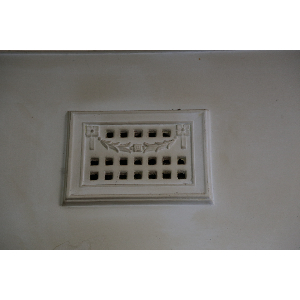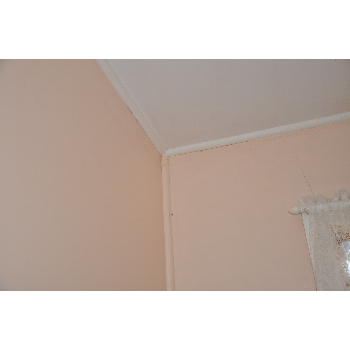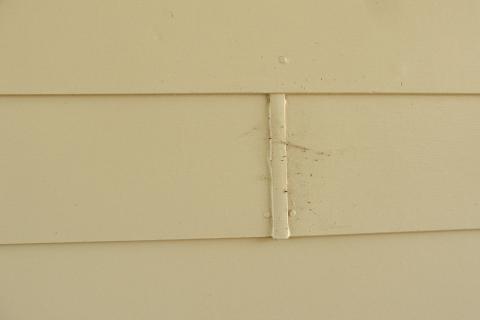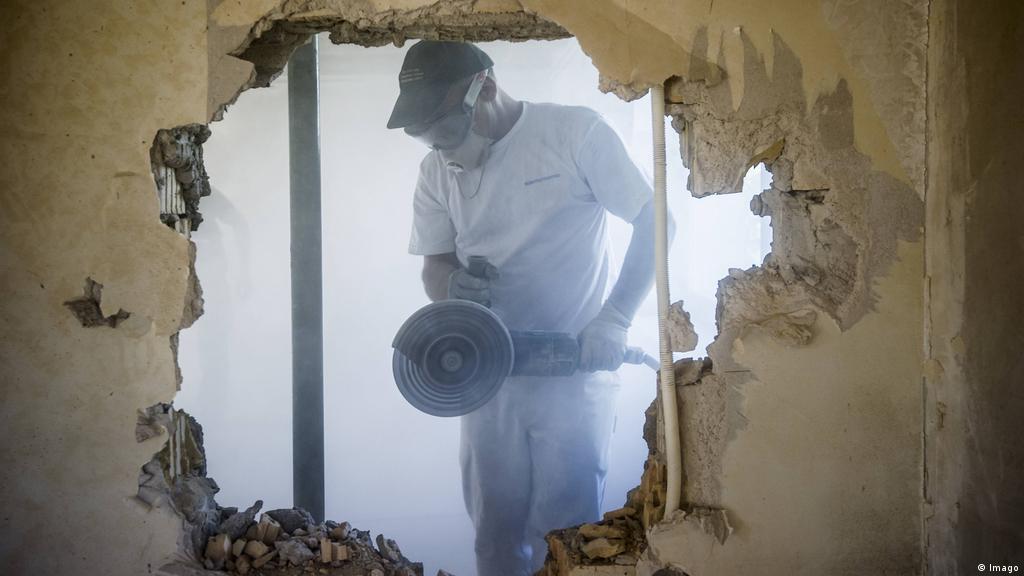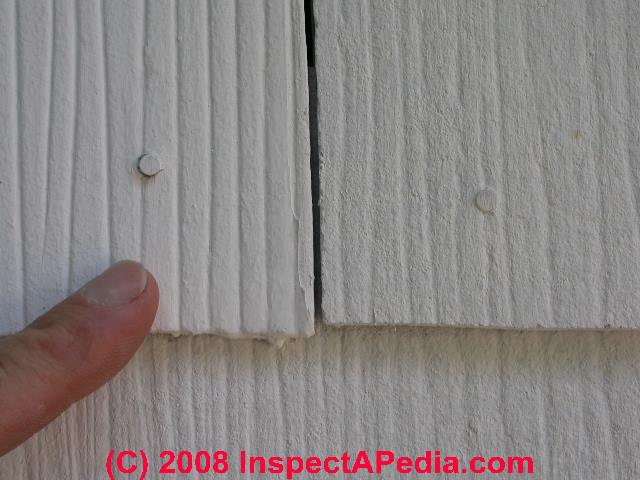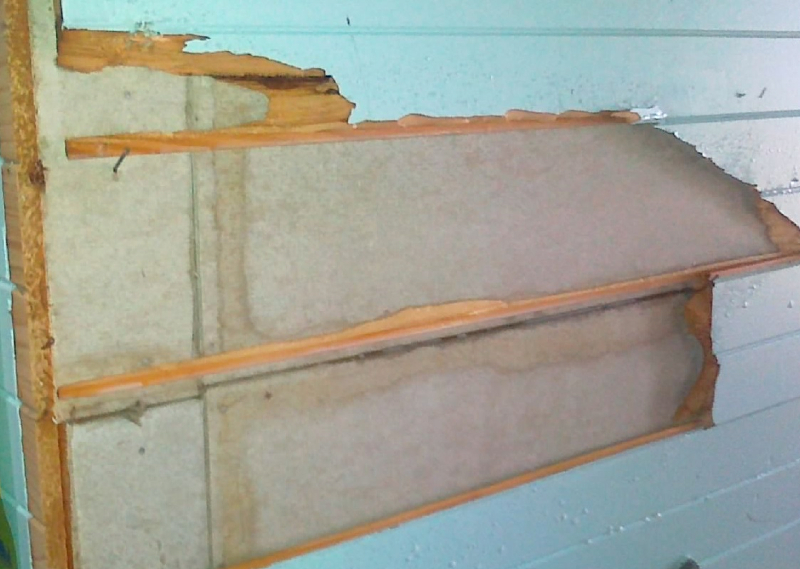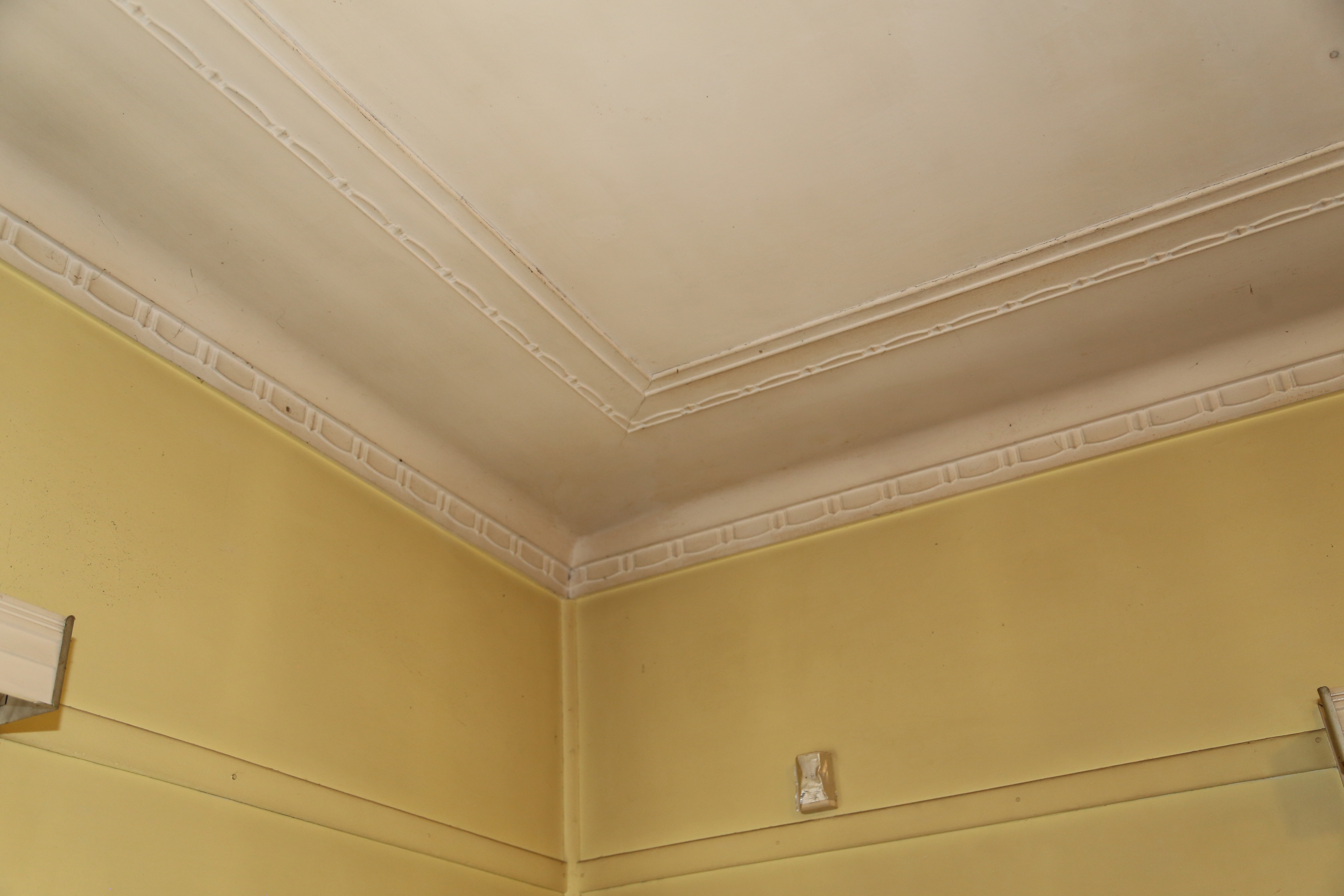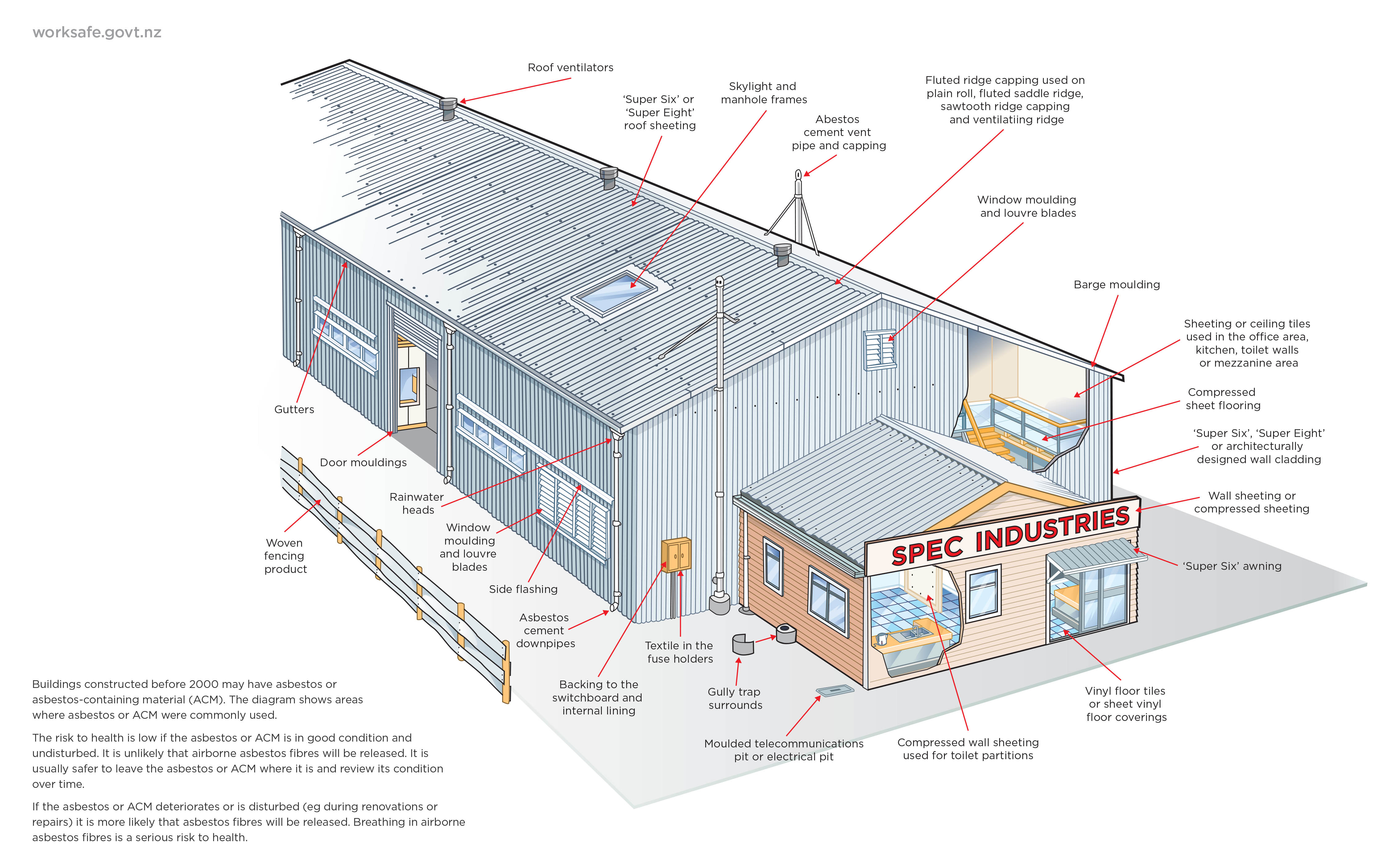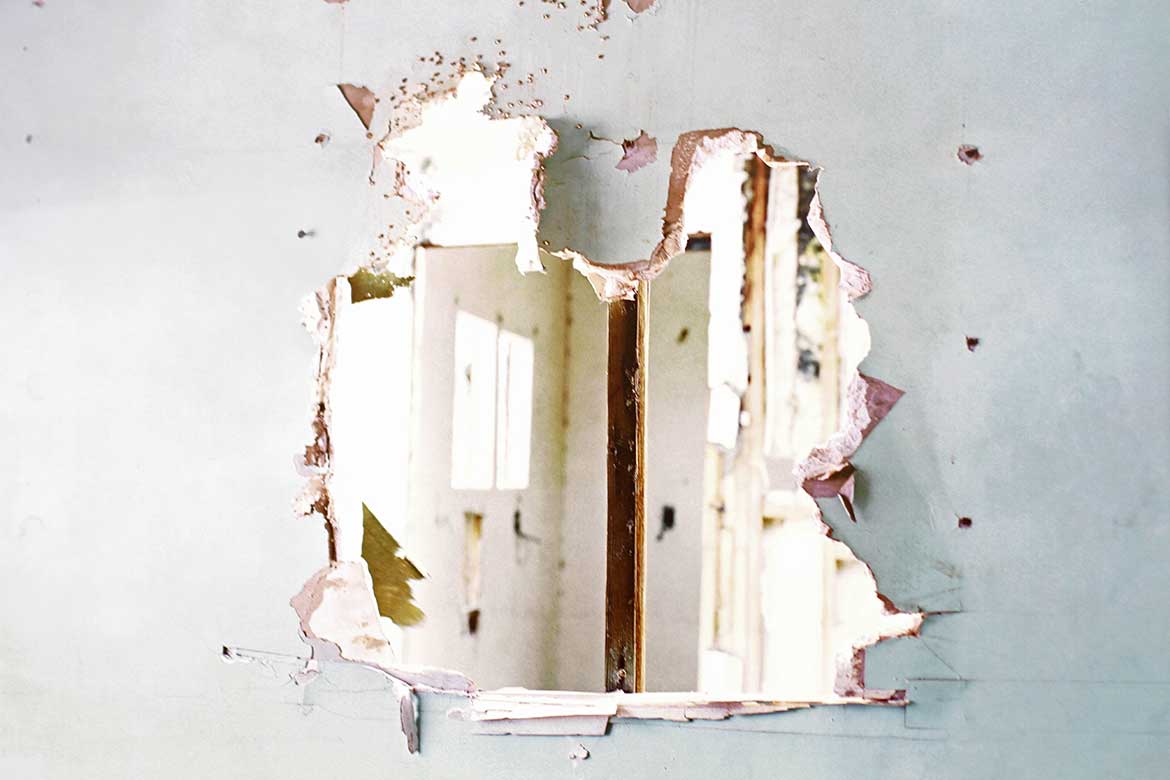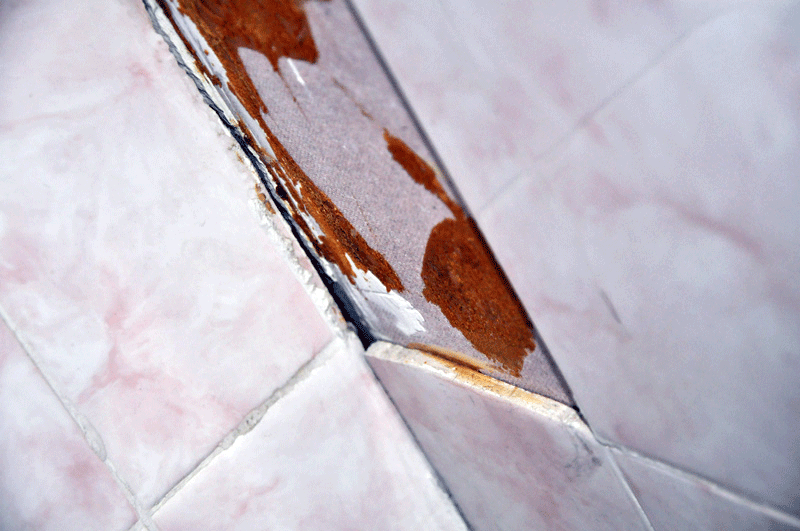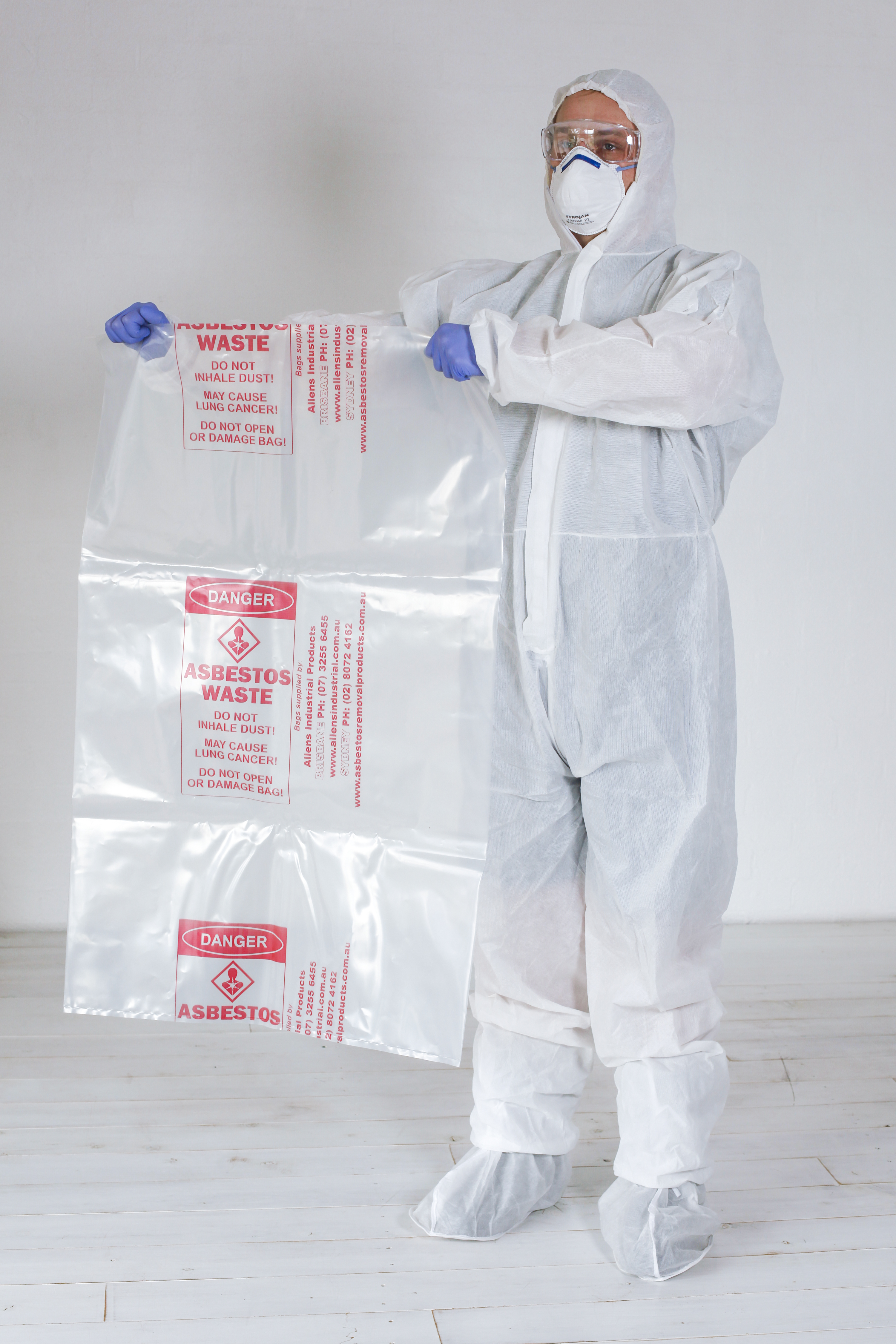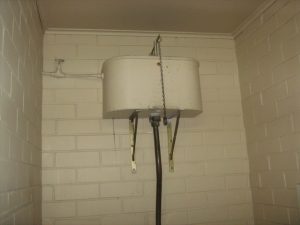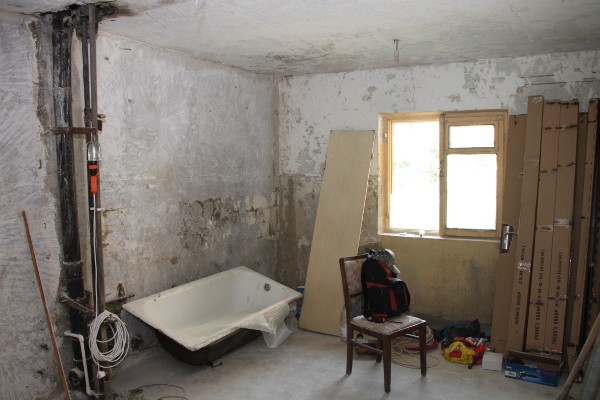If your home was built after the 1930s your interior walls are probably at least partially constructed of drywall which was and still is typically sold in four foot by eight foot panels.
Asbestos internal wall sheeting.
Asbestos cement sheeting typically contains between five to 20 per cent asbestos.
Flat sheet fibro is the most common asbestos cement sheeting.
Some of the most common types of acm that were used to create walls include asbestos insulation board aib and cement sheets.
As others mentioned rare to see a whole house sheeted in it more likely wet hot areas rooves old fences etc.
It was simply nailed to a wooden framed structure making construction quick and cheap and could be painted.
The asbestos fibres are bound in the cement matrix preventing them from moving.
It is sometimes referred to as asbestos insulating board.
Aib s were used in both commercial and domestic properties to create walls.
Asbestos is in fibre cement sheets ie wall panels made of cement it is hard.
Normal plasterboard afaik has never contained asbestos.
In single family dwellings these sheetrock boards did not usually include asbestos fiber although until 1980 heavier insulated cement boards used as firewalls between units in apartment houses and commercial buildings often did.
Ldb can contain up to 70 per cent asbestos fibres by volume.
Ldb is a lightly compressed board containing asbestos fibres in a calcium silicate plaster.
Asbestos sheeting to my knowledge is cement with asbestos reinforcement in walls and ceiling is commonly around 6mm thick and thicker in particular applications and in walls and ceiling is quite hard although when used as underlays in floors could be much softer.
